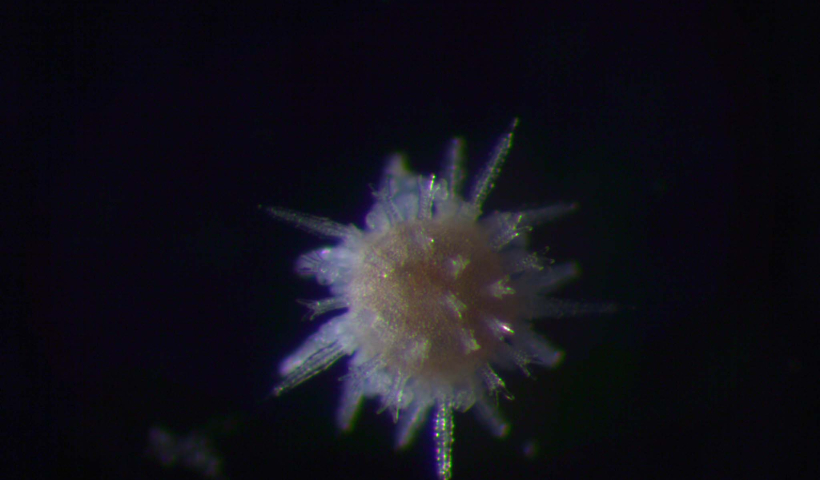
Predicting climate change vulnerability in urchin populations using historical datasets
Despite the biological, biogeochemical, and economic importance of the sea urchin to California’s coastal systems, little is known about the resilience of the urchin industry, and the ecosystem that supports it, in the face of global climate change and ocean acidification (OA). Acidifying ocean water has the potential to harm calcium carbonate structures within the urchin body at crucial life stages, thereby potentially reducing population viability over time. In collaboration with Dr. Steve Schroeter, this project utilizes long-term juvenile urchin datasets to assess how calcification within urchin populations along the California coast may have been impacted by chronic and acute acidification events over the past 25 years, and seeks to understand if analysis of historical data enables us to generate predictive proxies of future climate change impacts on coastal systems.

